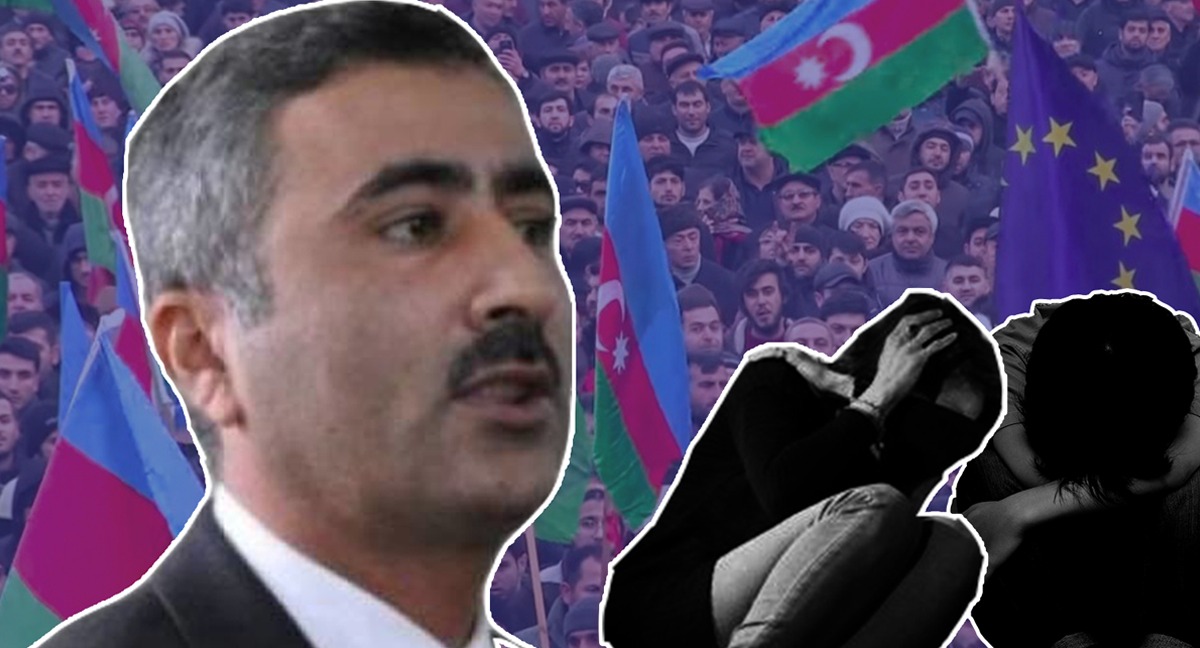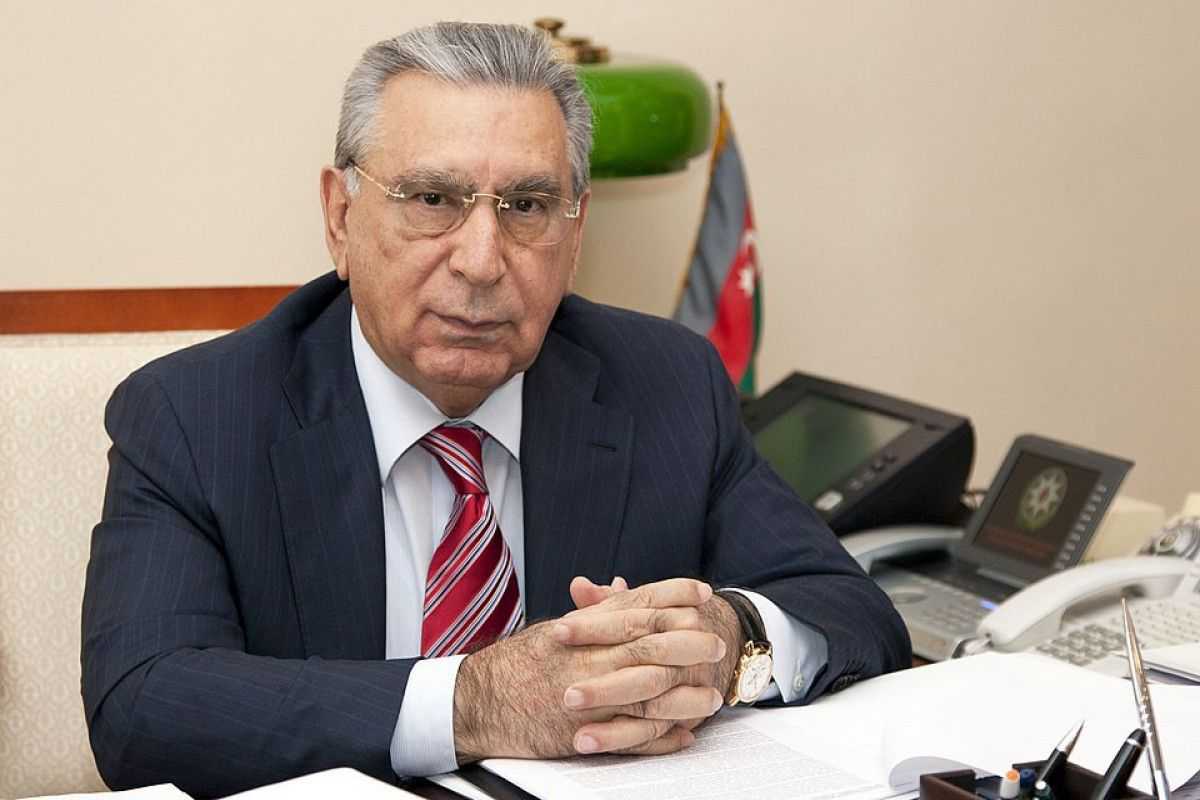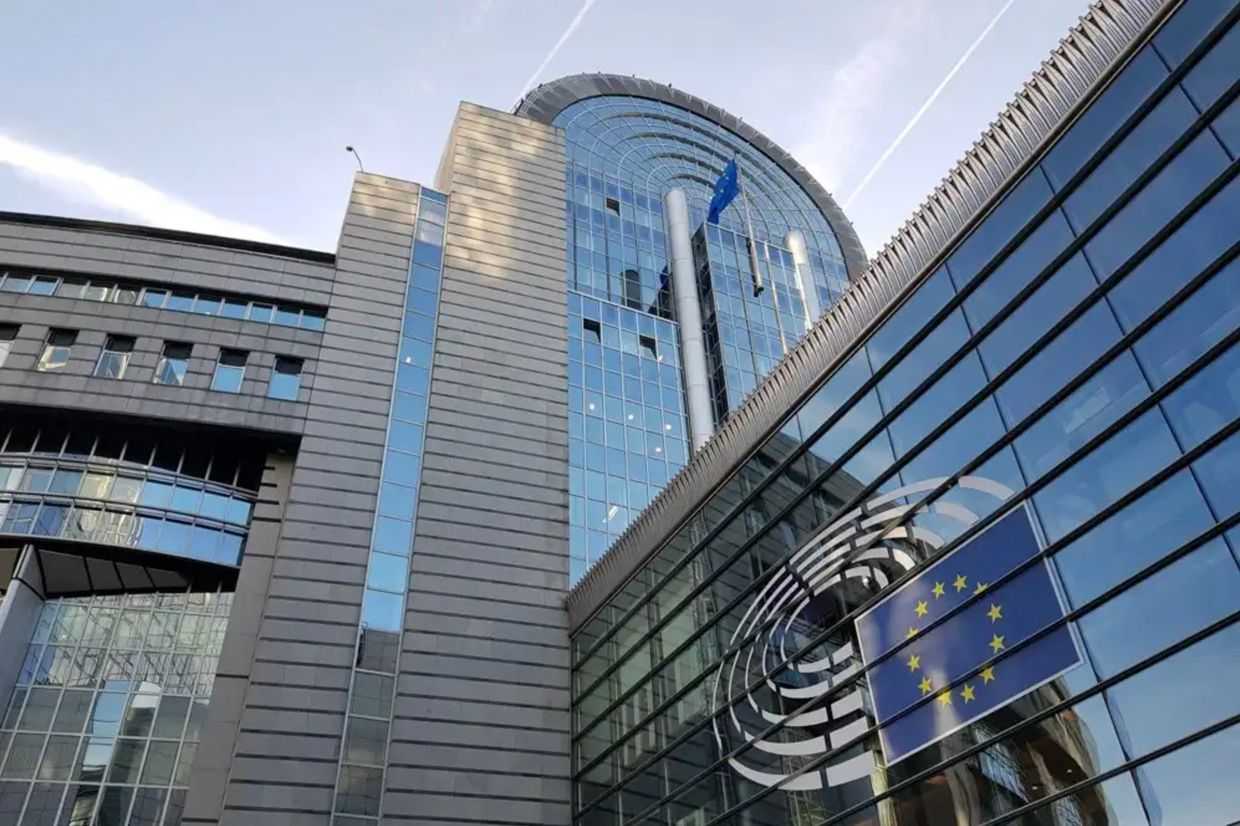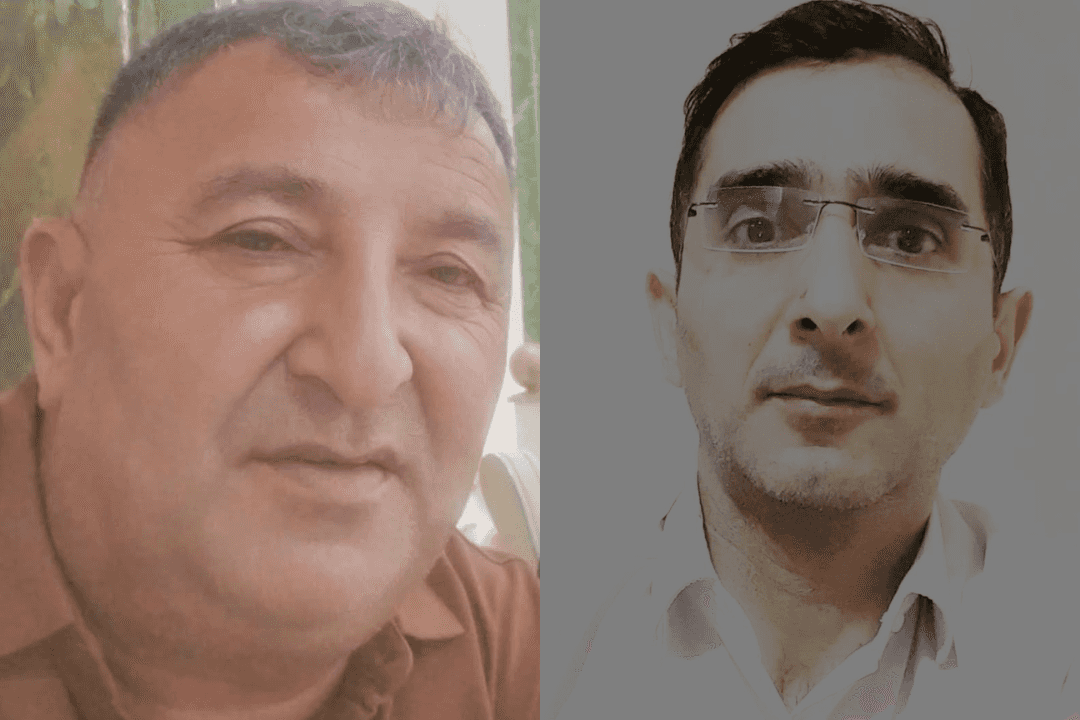

The recent domestic violence scandal involving the Popular Front Party has revealed a dark side of Azerbaijan’s opposition. Those wishing to build a democracy in the country cannot hope to do so while supporting oppressive values.
‘Gizini doymayan dizini doyar’ (Those who don’t beat their daughter will end up beating their own knees) is a famous old piece of Azerbaijani wisdom. Although one could argue it has some deeper meaning behind it, the literal translation of the proverb gives some clues.
Last week’s social media story of Azerbaijan was the allegations that the deputy chair of the opposition Popular Front Party, Fuad Gahramanli, physically abused his wife and his daughter, Seljan Yaghmur. You can read more about the subject on OC Media.
As of today, Fuad Gahramanli has still not apologised and his defenders still fervently take his side. Following his resignation, Gultakin Hajibayli, a former MP in Parliament and nowadays a member of the oppositional Coordination Centre of the National Council called for an opposition rally planned for 28 September to be dedicated to defending national values from Western incursion. This was not the original purpose of the rally.
‘One of the most incurable wounds that the government has inflicted on [our country] and one of the biggest evils they have done to our country is to deprive it of a national ideology, turning it into a shooting range of foreign ideological influences’, she said.
She elaborated on these ‘foreign influences’, naming ‘religious expansionism from the east’ which she said was ‘a real and serious threat to the country’s future’.
From the West, she warned that ‘immorality’, ‘hatred of national traditions and family ties’, and a ‘lack of values and an inferiority complex that are not accepted even by the West are the morale of our society’.
‘This is a great tragedy. In order to prevent this tragedy, we have to protect our state. The mass rally on 28 September is the best opportunity for this’, she concluded.
One could immediately smell the ‘alt-right’ toxin on this post. The toxicity rose further with a post from Fuad Gahramanli directed against (sic) ‘feminists, anarchists, libertarians, and cosmopolitans’, people he said were waging war against our national identity.
Making a tu quoque fallacy — albeit an unfounded one — about the events in Nardaran, Ganja, and Terter, he claimed that ‘they’ (in this case, as an anarchist, me) remained silent and were thus guilty of hypocrisy. This is not only a fallacy but also an ungrounded claim.
When a group of soldiers suspected of espionage wound up dead in custody under suspicious circumstances in Terter, we spoke up, because of our belief in human rights.
When the government cracked down on Islamic opposition in the town of Nardaran, atheists were among the first to speak up in their defence, because of their belief in free speech.
And when the police began rounding people up following the unrest in Ganja, once again, we spoke out, because we believe in the right to freedom of assembly.
These motivations alone determined our position on further events.
The opposition is antagonising the progressive youth
According to Ilkin Huseynli, a student of political philosophy at the Baku Research Institute, while the supporters of the Popular Front demand democracy and equal rights for all citizens, they come short in recognising the equal status of women with men.
They have attacked and demonised two victims of domestic violence on the grounds that any violence of a husband against his wife and daughter is a family matter and should not be publicised. By doing so, they were indirectly accepting the claim of the Azerbaijani government that any human rights abuses are an internal issue for Azerbaijan and should not be publicised outside the national borders.
According to Ilkin, this inconsistency in the reasoning of ordinary supporters of the People’s Party is neither surprising nor unexpected.
The main problem here is that the party’s leader, Ali Karimli, has also refused to fully acknowledge the issue of domestic violence as a public matter; he also did not condemn the violent actions of his deputy, Fuad Gahramanli, and did not call for his supporters to support the victims of domestic violence rather than the perpetrator.
In short, Karimli failed to be a leader, preferring to whip up the passions of his supporters instead of showing them the mistakes in their reasoning. As a consequence, Ilkin argues that Karimli did not lead, he followed the masses.
With this traditionalist, anti-feminist approach, the opposition is set to further antagonise the progressive youth.
With the term ‘progressive youth’, I am referring to young people who are becoming ideologically aligned on ideas about climate change, domestic abuse, LGBT rights, free speech, animal rights, worker rights, ethnic minority rights, children’s rights and so on.
You can hardly find so much as a suggestion for dealing with any of the abovementioned subjects in any opposition party programme; they are not vocal about these topics. Ever heard any Azerbaijani opposition politician raise the issue of the LGBT crackdown? Me neither.
They often defend their silence citing ‘national ideology’. Is there even an Azerbaijani national ideology? What about parties, how is the Popular Front Party different from the ruling New Azerbaijan Party ideologically?
Fuad Gahramanli himself explained his party’s ideological stance as ‘centre-right’ on the political spectrum. ‘Our country’s situation doesn’t allow us to take a certain ideological stance’.
Meanwhile, the editor-in-chief of the New Azerbaijan newspaper and high-ranking member of ruling party Hikmat Babaoghlu explicitly mentioned ‘neoconservativism’ as a core national ideology.
Despite that domestic abuse is a problem that extends the realm of politics, the implication of politics is huge in traditional Azerbaijani family.
But what most Azerbaijanis fail to perceive is that human rights are a universal value. National identity is not in conflict with the basic individual rights of not being harassed, not being persecuted, not being forced to believe in any religion (In a video after she accused her father of abuse, Seljan wore a cross, leading many to ask if she had converted to Christianity).
A party that claims to support democracy and equal rights has a moral obligation to educate their followers.
We can’t build a democracy in a country where that smallest units of society — families — have dictators. Opposition parties should seriously consider the potential young supporters they are alienating and their needs. They do not have the luxury to sit back and complain about how apolitical young people are when their ideology revolves around oppressing them.
It is time for a new, progressive opposition Azerbaijan. It is time to be ‘post-post-Soviet’.
The opinions expressed in this article are the author’s alone, and do not necessarily reflect the views of OC Media’s editorial board.








